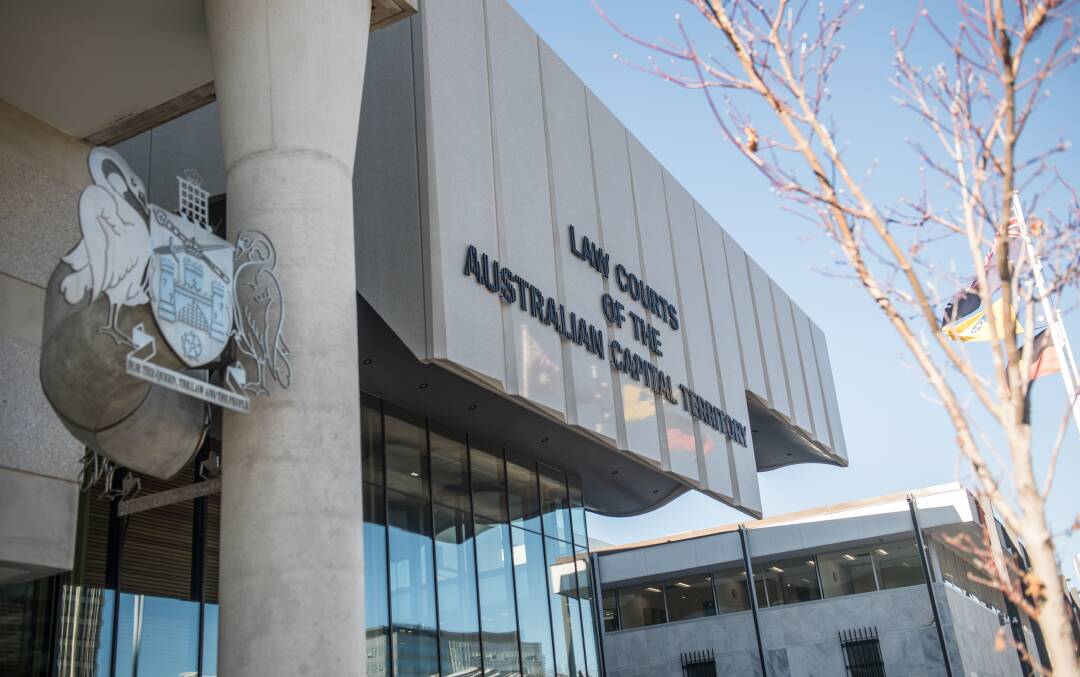Charges of threatening and harassing a court witness against a woman have been dropped and dismissed with a magistrate saying the "criminal justice system has no perfect record for engaging people challenged by mental illness".
Dianne Frances Boland, 72, was charged with three counts each of threatening a witness and using a carriage service to harass.
The prosecution case was that Ms Boland left three voice messages on another woman's home phone in March 2019 about the latter being called as a witness in a Supreme Court trial.
The complainant alleged it was Ms Boland's voice and reported her to police.
Since Ms Boland's first came to court in November 2019, she has supplied medical certificates indicating she had been unfit to attend.
During a permanent stay application in August, the court heard her health was "in a precarious state" because she suffers from a complex interplay of various conditions that have made her life expectancy dire.
These include chronic obstructive pulmonary disease, diabetes, obstructive sleep apnea, chronic heart failure, atrial fibrillation, and osteoarthritis.
She also suffers from depression, anxiety and cognitive impairment.
Magistrate Louise Taylor dismissed Ms Boland's intervention to stop the prosecution.
Ms Taylor said that while she accepted all of the health issues, she was not satisfied Ms Boland could not "meaningfully or properly participate" in the court hearing via audio-visual link with some of the accommodation as proposed by the prosecution.
The case returned to the ACT Magistrates Court on Tuesday when prosecutor Angus Brown withdrew the charges of threatening a witness while defence lawyer Priyanka Koci applied for the latter three charges, being Commonwealth ones, to be dismissed due to a medical report finding Ms Boland unfit to plead.
The court heard the recent report by a psychologist found Ms Boland had serious problems with her cognitive function, particularly in relation to her memory and orientation to time, place, and person.
The report stated that it appeared unlikely she would remember the name or role of her legal representative to begin the process of giving instruction, as well as her not understanding the legal proceedings.
The psychologist said Ms Boland may have dementia.
"Whilst further investigation in confirmed diagnosis of dementia or other neurocognitive condition would be highly desirable, the author opines that on balance Ms Boland is unlikely to become fit to plead in the next 12 months," Ms Taylor said.
"The defendant reaches the threshold of the definition of mental illness as picked up in the Mental Health Act 2015.
"I am satisfied that the defendant for the purpose of this section is suffering from a mental illness."
Ms Taylor said the alleged offending was towards the lower end of the scale and Ms Boland has a minimal criminal history.
"There were no over threats of violence in any of the messages," she said.
"It's also my understanding in relation to the context of the conduct that at some point, the defendant herself has been the victim of violence and it was that context that she was engaging with the complainant."
She said that, noting in particular the clear evidence of Ms Boland's health decline, she could not see how the charges proceeding in the usual course through the criminal justice system was in the defendant's interest.
"Or indeed the community's interest where the criminal justice system has no perfect record for engaging people challenged by mental illness," she said.
Ms Taylor said Ms Boland is engaging with with health services and that such support is more appropriate than requiring her to engage with Corrective Services or with the ACT Civil and Administrative Tribunal.
She dismissed the three Commonwealth charges and discharged Ms Boland unconditionally.








